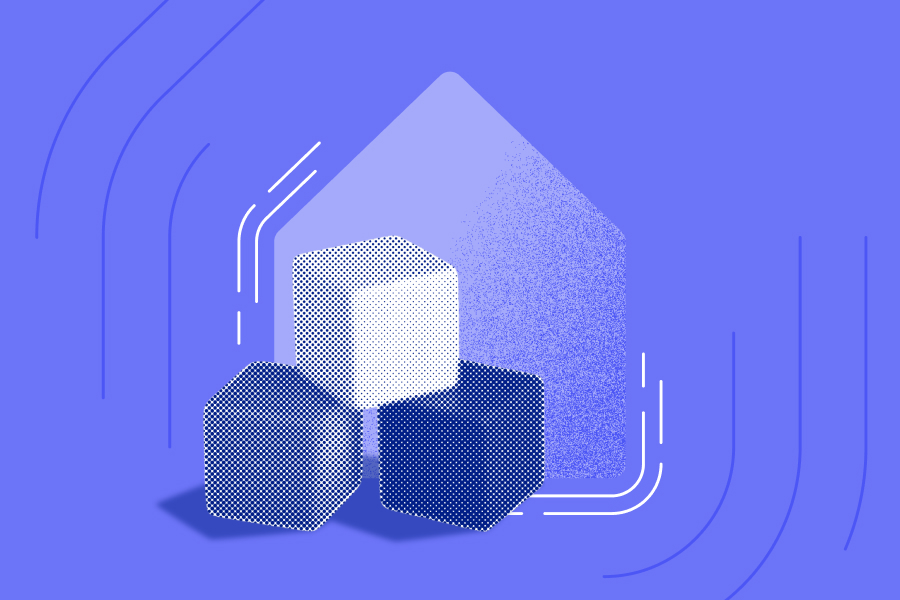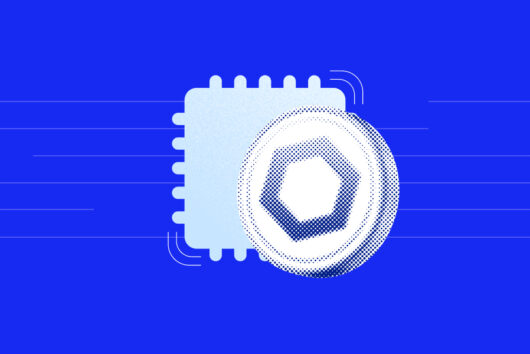Why are Chainlink oracles decentralised?

Blockchain technology presents an alternative to the financial systems that exist today due to its fundamentally secure and distributed nature. However, this movement away from a central authority running the show as we see in traditional banks is a double-edged sword. Due to this self-imposed isolation, a blockchain network can be seen as a computer that’s not hooked up to the internet. Useful, but unable to unlock its true potential.
Without this connection, smart contracts that run on the blockchain find themselves severely limited in the scope of what they can accomplish. This in turn limits their exposure to the average customer and cuts them off from data that is present in important real-world business processes.
The reason to use a decentralised oracle (an external entity that operates on behalf of a smart contract by performing actions not possible or practical by the blockchain itself) over a centralised one boils down to a simple rule – to fix a problem, you need the right tool for the job.
A single point of failure
Using a centralised oracle to retrieve data for a smart contract defeats the entire purpose of a decentralised system as you would be relying on one single entity controlling the flow of information. Even if the blockchain was 100% secure, a centralised oracle is designed without the needs and considerations of the blockchain network in mind and would create a huge flaw in the system.
It would make little sense to have a network that is built on thousands of computers across the world to assign just one single point of access. We would be back at square one of why the technology was built in the first place. If this one oracle went offline, the smart contract would not be able to fulfil its intended purpose as it would be using out-of-date information.
As blockchain transactions are automated and cannot be edited or changed, once this mistake takes place, it can’t be reversed which could result in a loss of funds for whoever requested the information in the first place. In this way, a centralised oracle would be of no use for a smart contract looking to build on its abilities using real-world data.
Enter Chainlink
This is where Chainlink comes into play, as it provides smart contracts with a secure and reliable way of receiving data from outside the blockchain – a decentralised oracle network (DON). A DON uses an open, permissionless design that aligns with the fundamental principles blockchain technology originated from.
 Discover
Discover Help Centre
Help Centre Status
Status Company
Company Careers
Careers Press
Press


